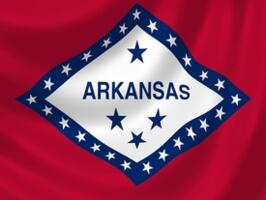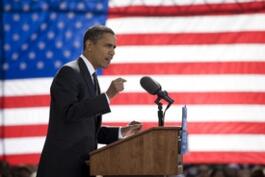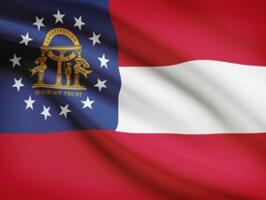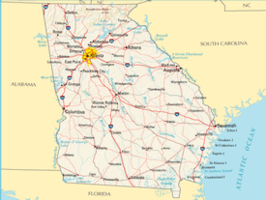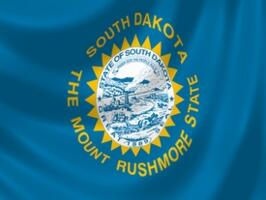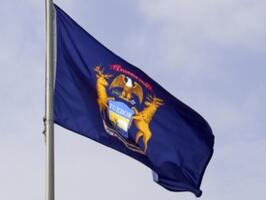Arkansas Senate: Cotton (R) 51%, Pryor (D) 44%
The clock is running out for Democrat Mark Pryor to keep from losing his U.S. Senate seat in Arkansas to Republican Congressman Tom Cotton.
The latest Rasmussen Reports telephone survey of Likely Arkansas Voters shows Cotton with 51% of the vote to Pryor’s 44%. Four percent (4%) like some other candidate in the race, and two percent (2%) remain undecided. (To see survey question wording, click here.)
(Want a free daily e-mail update? If it's in the news, it's in our polls). Rasmussen Reports updates are also available on Twitter or Facebook.
The survey of 967 Likely Voters in Arkansas was conducted on October 27-29, 2014 by Rasmussen Reports. The margin of sampling error is +/- 3 percentage points with a 95% level of confidence. Field work for all Rasmussen Reports surveys is conducted by Pulse Opinion Research, LLC. See methodology.
